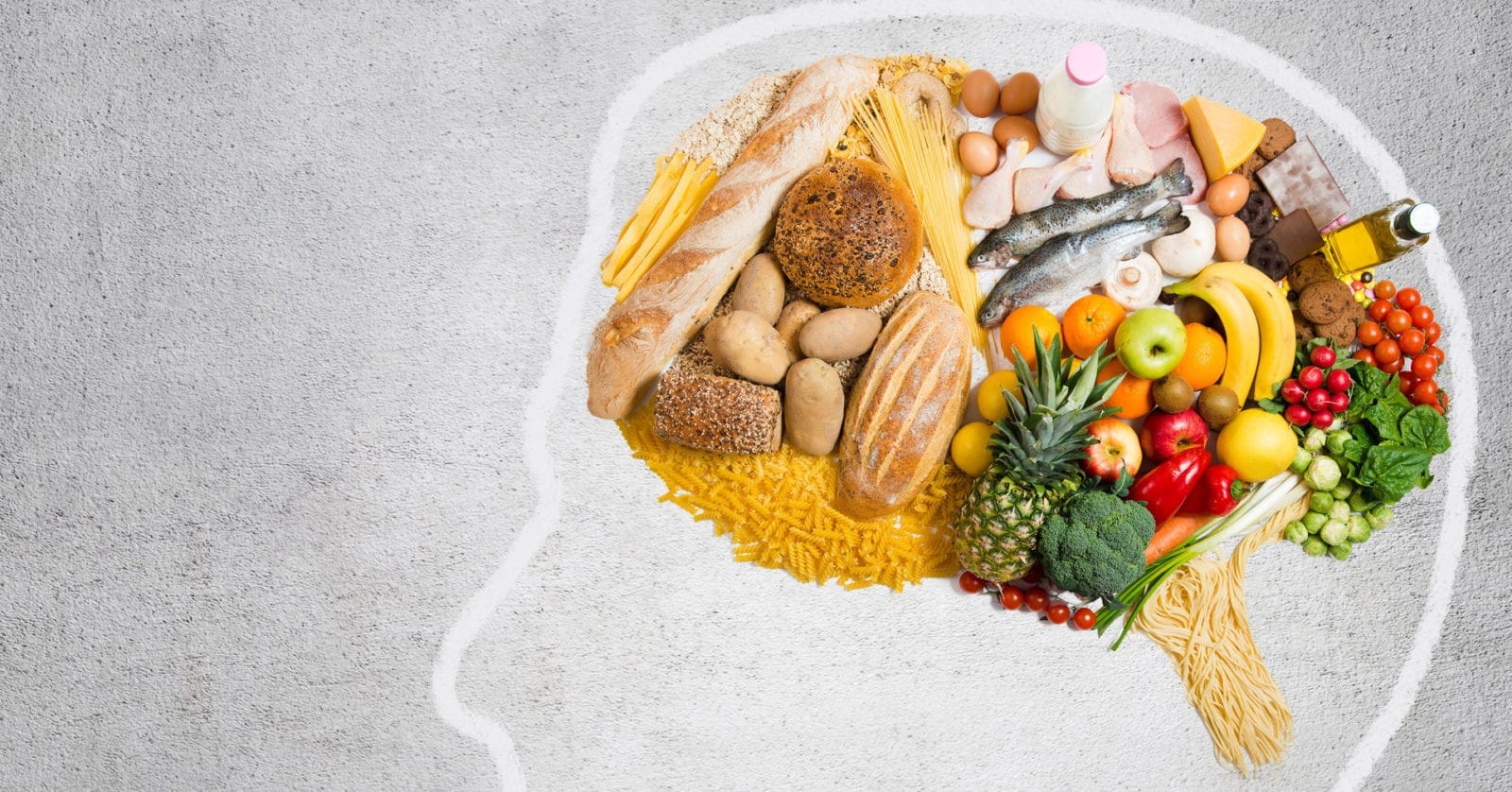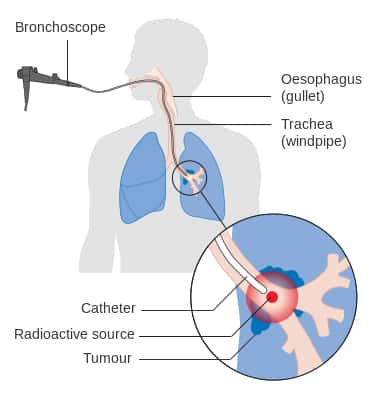12 Ways You Can Use Food to Improve Your Mental Health

You never now know that diet may be just as important to mental health as it is to physical health, so it comes as no surprise to learn that what we eat and how we do it has huge implications. And it’s not just about eating healthily. There are other ways that foods can boost your mental health. Check them out:
– Bake for others and get psychological benefits from it
Baking, especially when it’s done for others, can be accompanied with a host of psychological benefits. Not only is baking a productive form of self-expression, but the activity is also a practice of mindfulness.
– Load up on foods that will fuel you with energy
Some foods will energize your body and make you feel good. They’re often loaded with iron, B vitamins, magnesium, potassium and zinc. Think legumes, nuts and seeds. Those are the foods you want to incorporate into your daily diet. If you eat a diet that energizes you, you’re more likely to have the energy to be active, which will also boost your mood and it all becomes a positive cycle.
– Keep away from sugary foods
You will never believe what sugar does to your brain. Not only does eating sugar-rich foods intensify your craving for more sugar, but it can also contribute to depression and anxiety. When your blood sugar drops which happens after we eat sugar-laden foods it can heighten moody or anxious feelings.
– Eat foods that will help you get a better night’s sleep
Some foods will disrupt your sleep like steak or chili and others will actually help you sleep better. Since we know that a good night’s sleep does wonders on our mental and emotional state, it’s only natural to help that along with healthy foods. Look for foods like brown rice, which contains the amino acid, or foods that release melatonin, like cherries.
– Consider culinary art therapy for its mental benefits
Cooking can be used as a form of therapy. The process of putting a meal together is thoughtful. It requires attention and intention, and it focuses your mind on a tangible task while hopefully muting out the noise of the busy world around us. There are experts who specialize in just this kind of therapy out there, you just have to know to look for it.
– Take a break
In those moments when it all seems like too much, step away, and do anything but whatever was stressing you out until you feel a little better. Sometimes the best thing to do is a simple breathing exercise: Close your eyes and take 10 deep breaths. For each one, count to four as you inhale, hold it for a count of four, and then exhale for another four. This works wonders almost immediately.
– Go to bed on time
A large body of research has shown that sleep deprivation has a significant negative effect on your mood. Try to go to bed at a regular time each day, and practice good habits to get better sleep. These include shutting down screens for at least an hour before bed, using your bed only for sleep or relaxing activities, and restricting caffeinated drinks for the morning.
– Open up to someone
Knowing you are valued by others is important for helping you think more positively. Plus, being more trusting can increase your emotional well-being because as you get better at finding the positive aspects in other people, you become better at recognizing your own.
– Do something for someone else
Research shows that being helpful to others has a beneficial effect on how you feel about yourself. Being helpful and kind and valued for what you do is a great way to build self-esteem. The meaning you find in helping others will enrich and expand your life.
– Tell yourself something positive
Research shows that how you think about yourself can have a powerful effect on how you feel. When we perceive our self and our life negatively, we can end up viewing experiences in a way that confirms that notion. Instead, practice using words that promote feelings of self-worth and personal power.
– Write down something you are grateful for
Gratitude has been clearly linked with improved well-being and mental health, as well as happiness. The best-researched method to increase feelings of gratitude is to keep a gratitude journal or write a daily gratitude list. Generally contemplating gratitude is also effective, but you need to get regular practice to experience long-term benefit.
– Focus on one thing at a time
Being mindful of the present moment allows us to let go of negative or difficult emotions from past experiences that weigh us down. Start by bringing awareness to routine activities, such as taking a shower, eating lunch, or walking home. Paying attention to the physical sensations, sounds, smells, or tastes of these experiences helps you focus.













